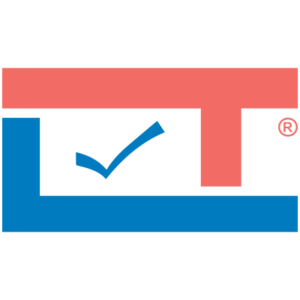
Many healthcare related facilities such as pharmacies are regulated heavily and must obtain multiple state and federally issued licenses. While registration and licensing requirements are only a portion of the regulatory hurdles pharmacies must overcome, it is crucial to meet these requirements in order to receive and maintain the legal right to operate a pharmacy. Through the use of our LicenseTrak® pharmacy compliance software, you can achieve and maintain compliance with crucial certification licensing requirements for various positions.
When it comes to new pharmacies, the first step toward meeting registration requirements is often the formation of a business entity.
Pharmacy Licensing and Permits
After a business entity has been created, a pharmacy can start the application process for licenses and permits which is usually carried out through the board of pharmacy in a particular state. Pharmacies need to know the schedules of controlled substances they intend to distribute, in addition to the location of their facility, the services they will offer, and the identity of the pharmacist-in-charge at the facility.
Each state has its own requirements for obtaining pharmacy permits, but many of the permit applications will request the following information:
- Business entity
- Pharmacist in charge (with license number)
- Owners and officers of the business
- Type of pharmacy
- Other licensed individuals who will run the pharmacy (i.e. pharmacy technicians, pharmacist interns, etc.)
- License and application fees
- Articles of formation/incorporation
- Hours of operation
- Criminal and disciplinary history for the pharmacy owners and officers
Passing an Inspection
After the permit application has been turned in an approved, a facility inspection is usually required under state law for compliance with particular pharmacy regulations. After the facility has passed the inspection, the pharmacy permit will be provided.
Additional Registrations and State Licenses
Beyond the operating permit, pharmacies that sell controlled substances often need to obtain a controlled substance registration. The state board of pharmacy usually administers these registrations. Applications can often be made for these registrations at the same time pharmacy permit applications are submitted.
Certain pharmacies may need to obtain supplemental state licenses based on the services they offer. As an example, pharmacies that offer medical devices may need a medical device retailer license.
The majority of pharmacies also need to complete federal registration requirements after completing state-level pharmacy licensure requirements. For instance, pharmacies that provide controlled substances must apply for and obtain a federal controlled substances act registration with the Drug Enforcement Administration (DEA). In order to meet HIPPA standards, pharmacies generally must obtain a National Provider Identifier (NPI) number.
In addition, each pharmacy facility requires its own registrations and permits.
To learn how our LicenseTrak pharmacy compliance software can streamline the process of achieving compliance with pharmacy licensing and registration requirements, give us a call today at (480) 500-6236 or fill out our contact form and send us a message.
LicenseTrak Powered by Sectyr®